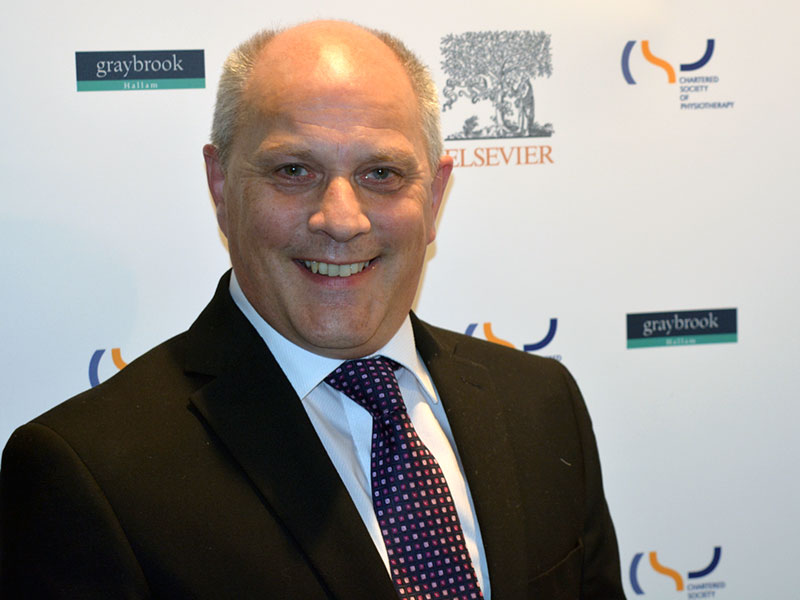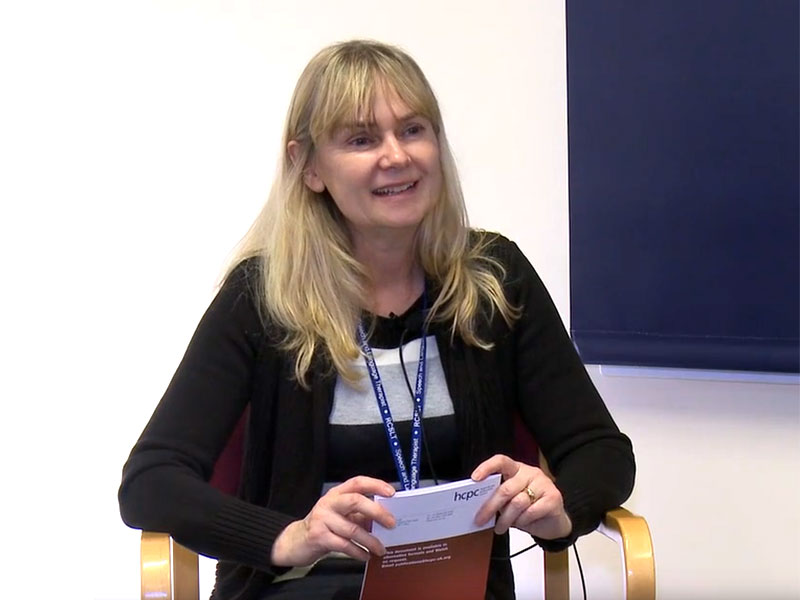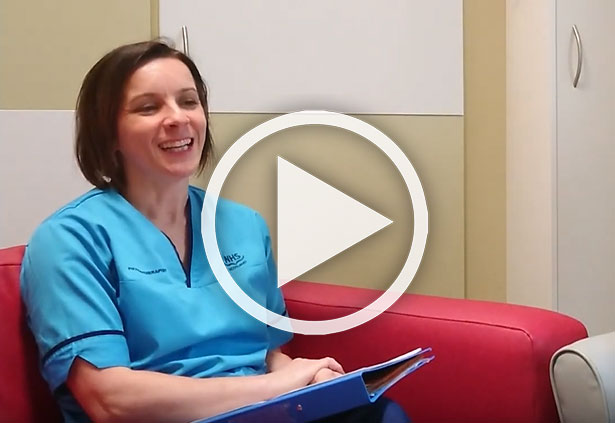Our requirements do not replace the responsibilities of you in appointing, inducting, and supporting members of staff
Returning to practice is a self-directed process. It is the responsibility of the former registrant to make sure they meet the appropriate requirements and can practise safely and effectively within their scope of practice, in line with our standards.
As an employer, you will need to set your own requirements in terms of knowledge, skills, qualifications and experience for any particular post, and assess individuals for a post to make sure you make a suitable appointment.
We expect that an induction process would follow and you would want to put in place a process of support the individual while they become familiar with practice again. This could include mentoring or using review and other support mechanisms.
Equally, you may have a specific requirement for a certain profession, or for your role, that an individual should update in a certain area, in a certain way, or to do with a certain issue, before they can work for you.
Information for supervisors and counter-signatories
-
We do not set detailed guidance for supervisors because we believe that the level of supervision needed and the tasks carried out will depend on the returner’s specific learning needs.
Supervisors will often help returners to identify the skills and knowledge they need to update to practise safely and effectively within the scope of practice for the role they plan to return to.
We do set requirements about who can be a return to practice supervisor. You should also only supervise activities which are within your scope of practice.
If you have supervised a return to practice placement, you will have to confirm that the person has completed the period of supervised practice that they have declared in their supervised‑practice form.
Your signature does not express that the returner is fit to practise.
-
We apply the same requirements about who can be a counter‑signatory as we do about who can be a supervisor.
A counter-signatory must:
- have been on the relevant part of the HCPC Register for at least the previous three years; and
- not be subject to any fitness to practise proceedings or sanctions.
You will need to take reasonable steps to make sure that the returner has carried out the updating days and activities that they have declared in their return to practice form.
Your signature does not confirm that the returner is fit to practise.
If you have supervised a period of updating, you are also able to act as a counter-signatory for that individual, but there is no obligation that you do so.
-
If you have serious concerns about a returner’s fitness to practise when unsupervised after they have completed a period of updating under your supervision, or which you have been asked to counter-sign, there are two options available to you.
- Explain your concerns about signing the form to the person to help them in planning additional updating activities.
- Sign the form, and then raise a fitness to practise concern with us.
Our research
-
We commissioned a joint piece of research with the Scottish Government to bring together evidence relating to return to practice. The basis of the research was to explore further the risks associated with return to practice as well as the approaches that can support it.
The research found that some factors negatively impacted returning to practice including lack of skills, supervision, peer and employer support, funding, and poor administrative practice, as well as aspects of professionals’ personal lives.
However, it found some positive support systems including organisational processes, such as well-organised and resourced return to work programmes, training and mentoring schemes, and clear policies and planning. National strategies, financial incentives, and improved work conditions and environment could also all positively impact on return to practice.
The research indicated that, to support return to work effectively, employers should provide well-organised, resourced, flexible return to work programmes, supported by clear policies and guidance. Employers should maintain clear communication with staff, including during the period of absence, and should consider the workload and environment of people returning to work.
-
We held a stakeholder event ‘Supporting people returning to practice’ in October 2019. The joint event between the HCPC and the Scottish Government was an opportunity to learn from and hear different perspectives on return to practice and gather feedback on our current approach.
One observation from the event was that returners are individuals bringing ‘clinical as well as life experience’ and that more needs to be done to challenge the myths about returners and seek out those who have left the profession and encourage them to return.
Health Education England and NHS Education Scotland shared the work they are doing to encourage returners to practice by developing schemes which provide financial support, online resources for Trusts and returners, as well as encouraging former and current returners to support one another, and consistency across local approaches.
We hope these efforts, as well as our own, will provide better support for both returners and employers.



